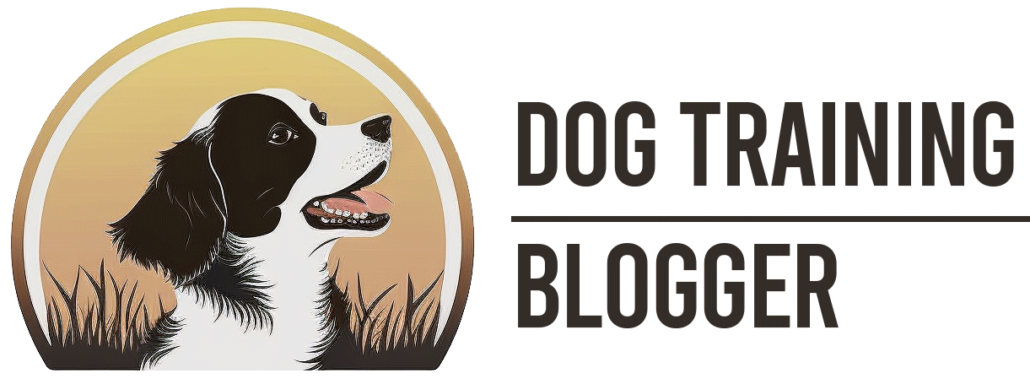Train Your Dog To Stop Chasing Cats
I had a dog owner call this morning with concerns about her new dog chasing her cat so I felt this would be a good topic for today’s blog article.
Sometimes I stop and consider what dogs probably think about. What does a dog think when he sees a cat sitting in a window and the cat is teasing him? I think I have a pretty good idea what the cat is thinking, but what does the dog want out of that encounter?
It really doesn’t matter when all is said and done. That dog will chase that cat just as certainly as the cat will find a way to escape. But, if you are a cat owner, or if you have cats in your neighborhood, then this kind of behavior can be annoying and even unsafe for both cats and dogs.
Why Do Dogs Chase Cats?
Dogs can chase cats for lots of different reasons. Sometimes it’s an aggressive kind of chase, when they see a small, furry, active body trespassing on their territory. In that case they want to chase the feline away. Almost every time the cat will run off, and that means the dog will go on chasing it.
Other dogs may see cats as prey, but it’s usually a case of defending territory or protection. There are cases where the dog is trying to play or become friends with the cat, but it doesn’t go well. In some cases it may be the cat that is being territorial and the dog may take this as a challenge to his status.
These situations can all result in the dog having an extreme urge to hunt down the cat. The cat can be injured and both animals can be put in danger. There can also be a lot of noise.
Stop the Chase
When a dog is chasing a cat outdoors you probably won’t ever be able to fully control what’s happening. When your dog chases a cat it’s much like when your dog chases a squirrel: it’s just going to happen sometimes. However, as long as you have a collar and leash on your dog he won’t be going anywhere or chasing anything.
When your dog is in the house, however, it’s a different story, and you can make some changes so your dog doesn’t chase the cat. You can start by introducing the dog and the cat in a room together. Your dog should stay on a leash so your cat can escape if necessary. You should make your dog sit and wait while you introduce the two pets and let them meet each other.
If your dog tries to chase your cat you need to control the situation. Use a firm correction such as “No” while you have the leash in your hand. Sometimes a disagreeable cat can make the introduction much more difficult, but if your dog learns that chasing the cat makes his life unpleasant, it will reduce this kind of impulsive chasing.
You have probably figured out that dogs have a strong instinct to chase, so you can’t expect your dog to change after just one lesson. You will need to correct the chasing behavior more than just once. Sometimes it takes many corrections before your dog learns he shouldn’t chase after the cat.
You can also teach your dog another good lesson with the “leave it” command. Most dogs can learn this lesson quickly and you can apply it to lots of things they want. If you teach your dog that he can’t have something when you give this command, your dog can learn to respond the same way when he’s chasing a cat and give it up.
Giving Up Chasing Long Term
There are some dogs that just will not learn to stop chasing cats. You can say that any dog can learn to do something or to learn not to do something, but when it comes to chasing cats or other small animals there are some dogs who are just bred to do this and no amount of training will stop them.
Combine the fact that chasing can be an inborn instinct with the fact that a cat may enjoy taunting your dog or playing around him, and you can have a situation that leads to your dog chasing a cat. Things may get knocked over. There may be noise. If it is too much of a problem then you should crate train your dog when you can’t supervise him indoors or make your cat an outdoor cat.
There are always answers for these cat versus dog problems, no matter how aggravating they can be. The answer is consistency and a lot of patience.
Until next time……
About the Author: Wayne Booth is owner of in Nashville, TN. Wayne has been teaching people how to become Professional Dog Trainers since 1990 and he is the Training Director of Canine Behavior Specialists Network, www.K9-University.com
Brain Training For Your Dog

